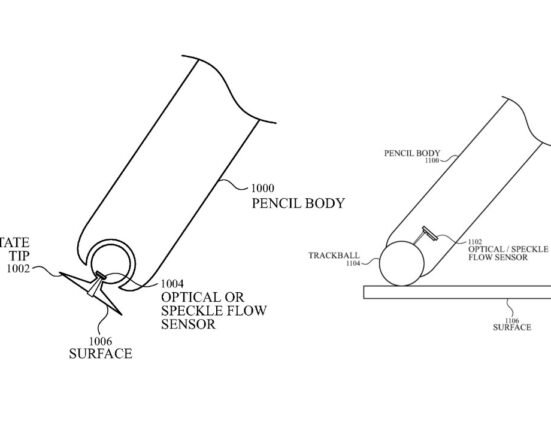Can you imagine one of your top talents leaving the company with key design information, a hacker breaking into the system and stealing sensitive customer data, or a problem with one of your products that threatens your company’s image?
Knowledge, information, and corporate reputation are three increasingly important intangible assets in organizations. Traditionally, a company’s value was measured by its buildings, machinery, and equipment. Today, it’s more closely tied to the resources that have become essential to standing out in an ever-changing business world, especially with the advancement of new technologies and digital transformation.
Intangible assets include software, databases, R&D, intellectual property, branding, design, and training, and investment in these assets varies widely around the world. In advanced countries like the Nordic nations, the US, and the UK, investment in intangibles surpassed tangible assets years ago. Meanwhile, Southern European countries like Spain and Italy are still catching up, and regions such as Latin America have even further to go. Despite these differences, there’s a clear trend of intangibles becoming increasingly important in the global economy.
“Improving productivity is a major challenge for many economies today, and the transition to an economy more reliant on these assets is crucial. If we want to be more productive, we need to invest more in intangible assets,” explains Gonzalo de Cadenas-Santiago, Director of Macroeconomics and Financial Analysis at MAPFRE Economics.







